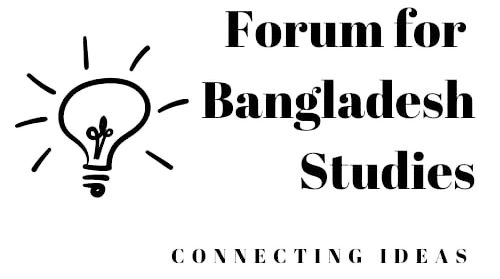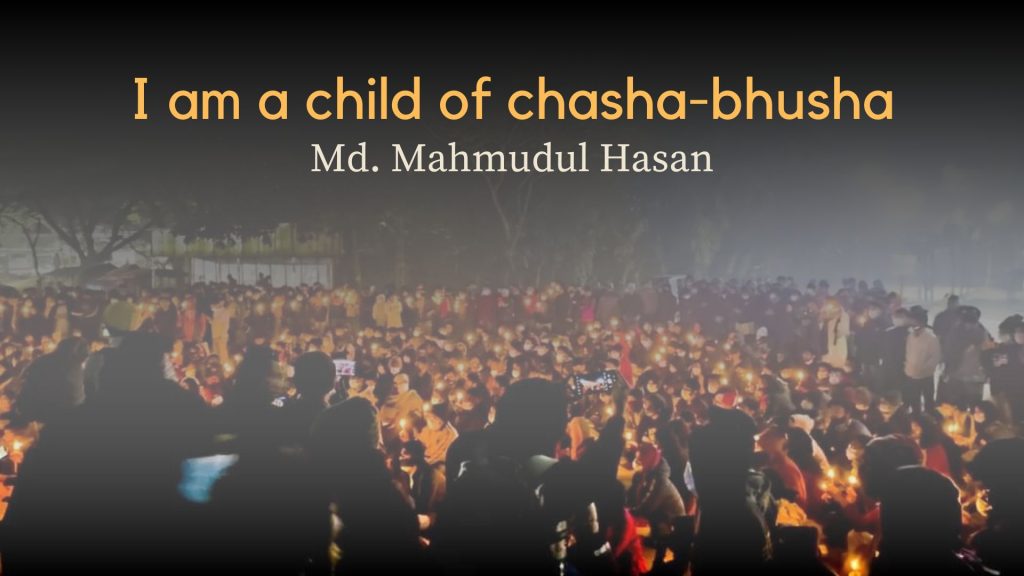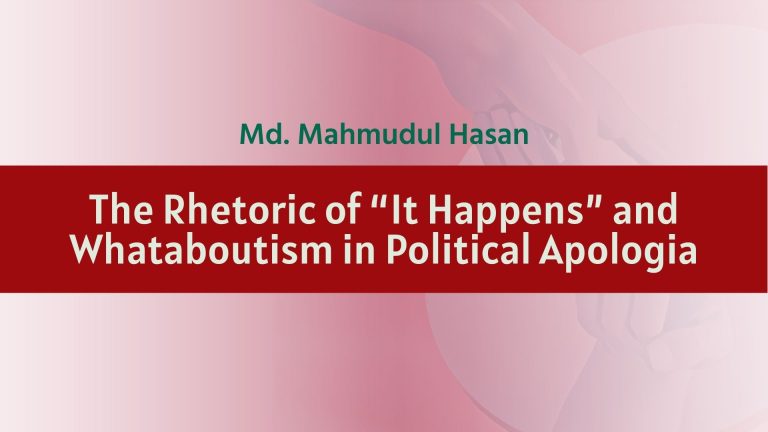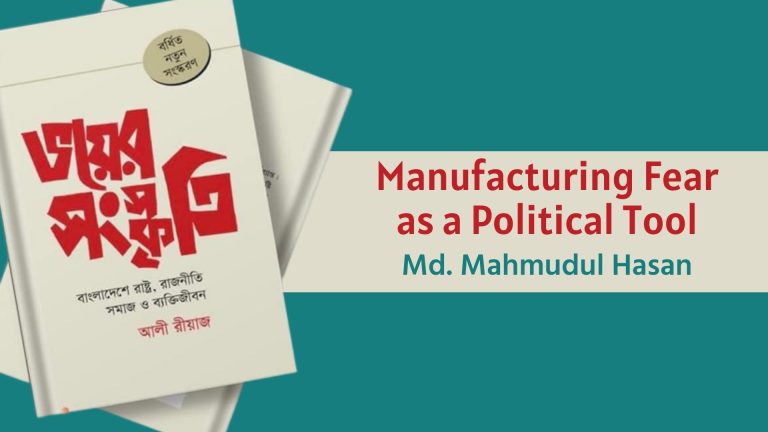THE Bangla term chasha-bhusha (the farming class) holds a special meaning for me. It signifies people originating from rural Bangladesh, and I consider myself a child of the chasha-bhusha.
At the University of Dhaka, there were many honourable souls among our teachers who appreciated the struggle that a student of rural origins like me had gone through to make it to the university. However, there were a few others whose attitudes towards us seemed to have been tainted by derision and subtle cynicism. A classist propensity and prejudice became evident when we saw our friends of urban upbringing received somewhat special treatment from them. However, no teachers of ours openly used the word chasha-bhusha to describe us or our parents.
When I became a teacher of the University of Dhaka, some of my younger acquaintances were its students. One of them told me that one influential teacher with political links once exploded in the classroom and said to the students (many of whom were from rural areas): I am not here to teach children of chasha-bhusha like you.
I was simply dumbfounded by this revelation. I could not comprehend how a teacher could belittle their students in such a condescending way. That produced a very considerable shock in my mind, and I have been contemplating writing an essay on the issue since then.
A recent use of the term chasha-bhusha reported in the media was a tipping point which prompted me to write what I am writing now.
Students of Shahjalal University of Science and Technology [SUST] were on strikes and protests for a number of days over alleged police brutality on them supposedly endorsed by the university top management. As we know, agitating students at Bangladeshi university campuses yell specific slogans most of which are unflattering. Student protesters sometimes use strong language in order to clamour their demands. Their utterances are generally regarded as hyperbolic and rhetorical. We do not take them literally.
I do not know exactly what particular expressions the demonstrating SUST students — many of whom were on a hunger strike — used during their rallies. However, I came across a news story that mentioned that a group of SUST academics organised a human chain as a protest at the campus on January 19, 2022. They claimed that the agitating SUST students used inappropriate language and denigrated faculty members.
Condemning this alleged indecent language use by the students, one protesting faculty member said: ‘We are general teachers and have chosen this profession because of the dignity it brings. We are not chasha-bhusha that you can say whatever you want.’
We all agree with the first sentence of the above quote. As a teacher myself, I often grapple with the tough question of who we are as teachers and what our status is in society. What I know is that I cannot pursue power or celebrity status through this profession. My dedication goes beyond classroom interactions with my students and I have fond feelings for them. In return, it is perhaps logical to expect a certain amount of respect from them. Therefore, if the agitating SUST students used indecent words against SUST teachers, that is totally unacceptable.
However, the second sentence of the above quote suggests that that particular teacher was desperate to dissociate themselves from the chasha-bhusha people. What is more, their statement implies that it is perfectly okay to utter inappropriate and improper language against the chasha-bhusha or the farming class. That is to say, the usage of the indecent language was wrong because it was directed against the non-chasha-bhusha; such expressions themselves are not wrong if used against the chasha-bhusha. This perception arose from a polarisation between the farming class and the educated elite. The former is characterised by its distance from education and sophistication and the latter, by urbanity and social-class status.
I totally reject such a social divide. The hardworking chasha-bhusha are no less deserving of human dignity and respect than those who have worked their way up the social hierarchy. Then again, the contributions of the farming class to our collective well-being are no less important than those of the city-dwellers who maintain an air of respectability and superiority. Unless and until we appreciate the blood, sweat, and tears that the chasha-bhusha pour into sustaining our lives, we will remain ungrateful and fail as a nation.
Human dignity is not the preserve of an exclusive elite. It is the same for all and ‘is the rock on which the superstructure of human rights is built.’ I will not distance myself from my roots in the farming community of Bangladesh. I rather feel proud to be a child of the chasha-bhusha.
It is perhaps apposite to conclude with a few lines from Seamus Heaney’s poem ‘Follower’ (1966) where the poet arguably seeks to establish his links with his rural, farming community represented by his father:
My father worked with a horse-plough,
His shoulders globed like a full sail strung
Between the shafts and the furrow.
The horses strained at his clicking tongue.…
I wanted to grow up and plough,
To close one eye, stiffen my arm.
All I ever did was follow
In his broad shadow round the farm.



